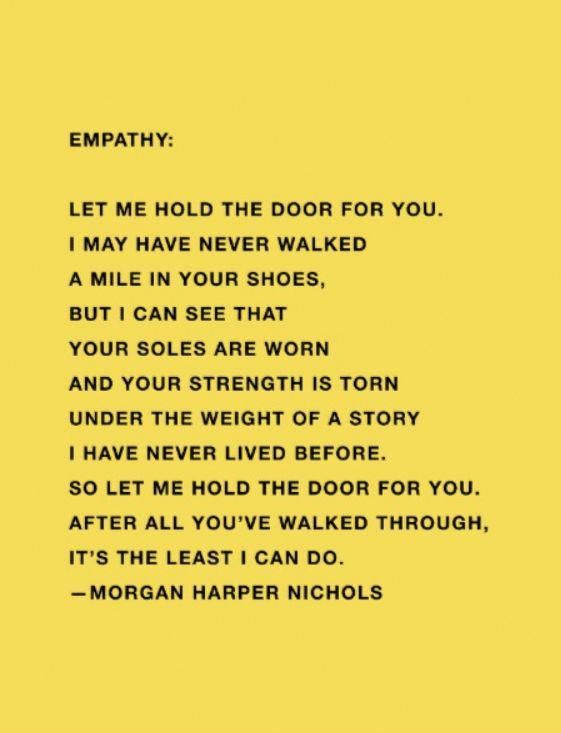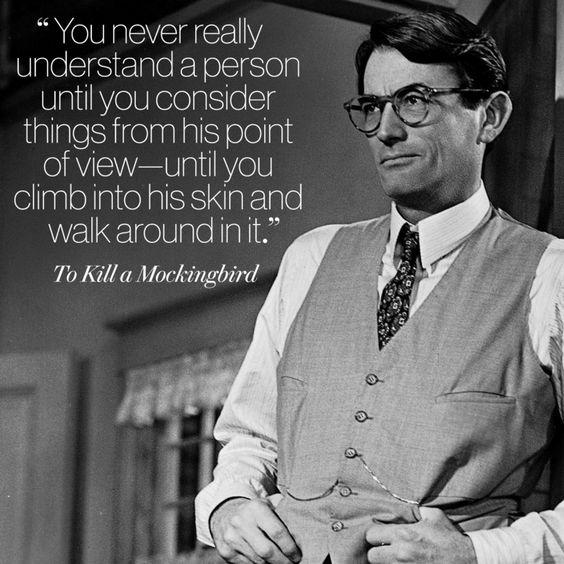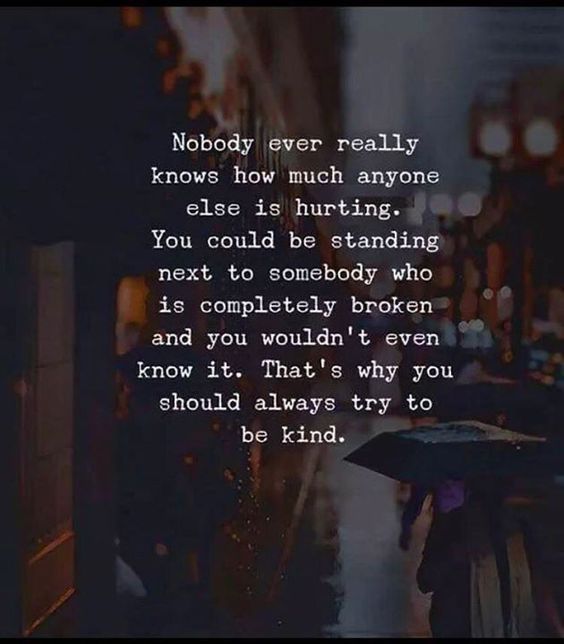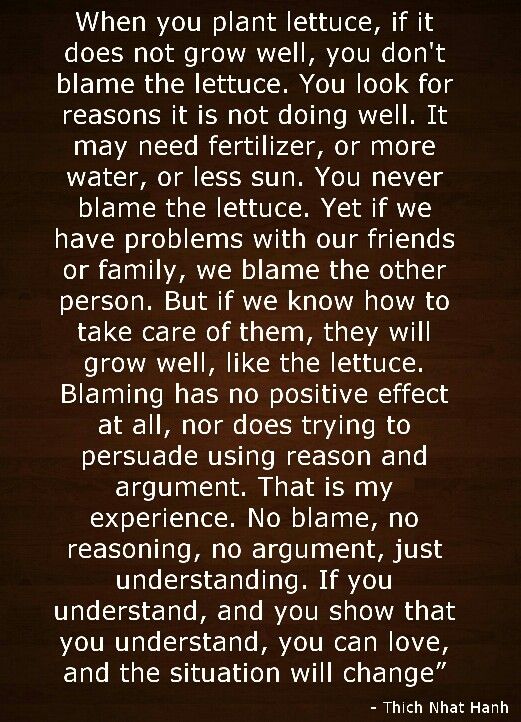“When you first rise in the morning tell yourself: I will encounter busybodies, ingrates, egomaniacs, liars, the jealous and cranks. They are all stricken with these afflictions because they don’t know the difference between good and evil. Because I have understood the beauty of good and the ugliness of evil, I know that these wrong-doers are still akin to me… and that none can do me harm, or implicate me in ugliness—nor can I be angry at my relatives or hate them. For we are made for cooperation.”
Marcus Aurelius, Meditations, via The Daily Stoic (Page 108) | Read Matt’s Blog on this quote ➜
“If we could read the secret history of our enemies, we would find in each man’s life a sorrow and a suffering enough to disarm all hostility.”
Henry Wadsworth Longfellow, Sunbeams (Page 19)
“If you feel called upon to alleviate suffering in the world, that is a very noble thing to do, but remember not to focus exclusively on the outer; otherwise, you will encounter frustration and despair. Without a profound change in human consciousness, the world’s suffering is a bottomless pit. So don’t let your compassion become one-sided. Empathy with someone else’s pain or lack and a desire to help need to be balanced with a deeper realization of the eternal nature of all life and the ultimate illusion of all pain. Then let your peace flow into whatever you do and you will be working on the levels of effect and cause simultaneously.”
Eckhart Tolle, The Power of Now (Page 203)
“As adults, we don’t need to empathize just with those people we harm; we also need to empathize with those who harm us. That means we have to suspend judgment and focus more on understanding as much as we can.” ~ Humble the Poet, Things No One Else Can Teach Us (Page 185)
“We judge people because it’s easier than what we should be doing: trying to understand them. When we understand, we’re less reactive and more compassionate. Trying to understand someone or something requires much more effort than judging, but it’s so much more enriching in the long run.” ~ Humble the Poet, Things No One Else Can Teach Us (Page 163)
“When we’re in any kind of pain, we can use it to open our hearts to the reality that people are always suffering. Pain is something everyone experiences. We can use it to ground us in the fundamental truth of our being. Pain gives us firsthand experience by which to be kind and generous to others. It gives us direct access through our empathy to helping others. We can use pain to activate compassion. We’d like others not to experience pain, and we can extend ourselves to them. We can contemplate the words, ‘May all beings be free of pain.’ Our direct experience of pain only makes our wish more potent. It may even decrease our pain, because it increases our joy. This becomes a wonderful meditation, to sit there and contemplate the relief of pain and suffering of everyone, of the whole world—not only because it changes our attitude toward our own pain, but also because it’s opening our mind of enlightenment. This kind of prayer is always healing.” ~ Sakyong Mipham, Turning the Mind Into An Ally (Page 144)
“Whether we’re twenty-five or eighty-five, we can choose to live in the things that warm us—in love, humor, compassion, empathy, a supportive arm—not because they make life easy, but because they do the most for us when life is hard.” ~ John Leland, Happiness is a Choice You Make (Page 194)
When you understand, you cannot help but love.
“When you understand, you cannot help but love. You cannot get angry. To develop understanding, you have to practice looking at all loving beings with the eyes of compassion. When you understand, you cannot help but love. And when you love, you naturally act in a way that can relieve the suffering of people.”
Thich Nhat Hanh, Peace is Every Step
— The More: —
Quote in action: Suppose your son wakes up one morning and sees that it is already quite late. He decides to wake up his younger sister, to give her enough time to eat breakfast before going to school. It happens that she is grouchy and instead of saying, “Thank you for waking me up,” she says, “Shut up! Leave me alone!” and kicks him. He will probably get angry, thinking, “I woke her up nicely. Why did she kick me?” He may want to go to the kitchen and tell you about it, or even kick her back. But then he remembers that during the night his sister coughed a lot, and he realizes that she must be sick. Maybe she behaved so meanly because she has a cold. At that moment, he understands, and he is not angry at all anymore.
Comment: Have you ever had a moment of understanding that dissolved all of your anger towards another person?
“There is one aspect to our experience of suffering that is of vital importance. When you are aware of your pain and suffering, it helps you to develop your capacity for empathy, the capacity that allows you to relate to other people’s feelings and suffering. This enhances your capacity for compassion towards others. So as an aid in helping us connect with others, it can be seen as having value.” ~ Dalai Lama, The Art of Happiness
“I truly believe that our major social ills would disappear if we just spent our lives perfecting the art of connecting with each other.” ~ Sean Stephenson, Get Off Your “But”
“In cultivating compassion we draw from the wholeness of our experience – our suffering, our empathy, as well as our cruelty and terror. It has to be this way. Compassion is not a relationship between the healer and the wounded. It’s a relationship between equals. Only when we know our own darkness well can we be present with the darkness of others. Compassion becomes real when we recognize our shared humanity.” ~ Pema Chödrön
If I Can Stop
If I can stop one heart from breaking,
I shall not live in vain;
If I can ease one life the aching,
Or cool one pain,
Or help one fainting robin
Unto his nest again,
I shall not live in vain.
~ Emily Dickinson
Nothing other people do is because of you.
Picture Quote Text:
“Nothing other people do is because of you. It is because of themselves. All people live in their own dream, in their own mind; they are in a completely different world from the one we live in.” ~ don Miguel Ruiz, The Four Agreements






